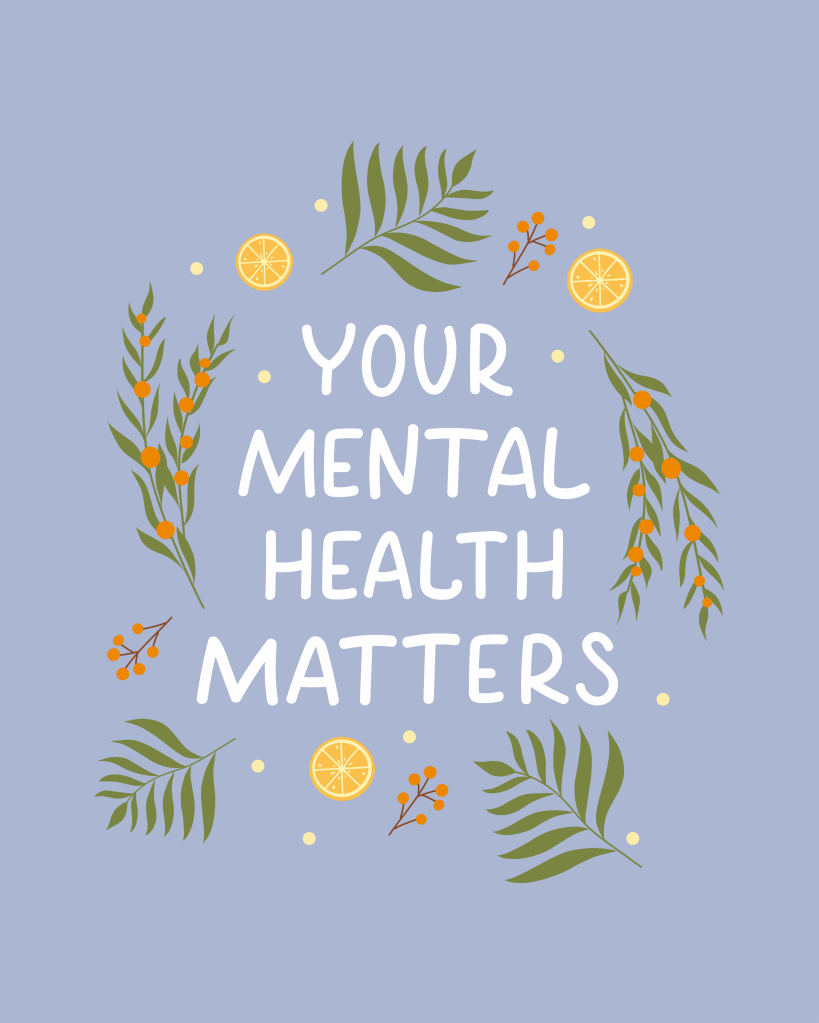In an time where relationship dynamics are evolving rapidly, marriage still stands as a steadfast institution, offering a multitude of benefits that extend far beyond the realms of love and romance. Recent studies have shed light on the enduring strength of long-term partnerships, emphasizing their profound impacts on mental, physical, and even financial well-being.
Marriage, often dubbed as the ultimate commitment, serves as a cornerstone for emotional support and stability. According to research conducted by the American Psychological Association, married individuals tend to exhibit lower levels of stress and anxiety compared to their unmarried counterparts. The presence of a supportive partner can act as a buffer against life’s challenges, fostering resilience and enhancing overall mental health.
Furthermore, the benefits of marriage extend to physical health, with numerous studies highlighting its positive impact on longevity. A study published in the Journal of Epidemiology & Community Health found that married individuals have a lower risk of cardiovascular diseases and other chronic illnesses. The mutual support and encouragement inherent in a marital relationship can contribute to healthier lifestyle choices and better health outcomes.
Financial stability is another significant advantage associated with long-term partnerships. Joint finances and shared responsibilities often lead to greater economic security and resource pooling. Couples can leverage their combined assets to navigate financial challenges more effectively, whether it’s purchasing a home, investing in education, or planning for retirement. Additionally, tax benefits and spousal benefits offered by employers further bolster the financial advantages of marriage.
Beyond individual well-being, marriage also plays a pivotal role in societal cohesion and community resilience. Stable family units serve as the building blocks of a strong society, providing a nurturing environment for children to thrive and grow. Research consistently demonstrates that children raised in stable, two-parent households tend to fare better academically, socially, and emotionally.
Moreover, marriage fosters social connections and support networks, enriching the fabric of communities. Couples often form enduring friendships with other married individuals, creating a sense of belonging and camaraderie. These social bonds serve as a safety net during times of need and contribute to overall community cohesion.
While the benefits of marriage are undeniable, it’s essential to recognize that not all relationships follow the traditional marital path. Long-term partnerships encompass a diverse spectrum of arrangements, including cohabitation and civil unions, each with its own unique advantages. What remains constant, however, is the profound impact of committed, enduring partnerships on individual well-being and societal flourishing.

In an age marked by rapid social change and shifting norms, the enduring strength of marriage serves as a beacon of stability and resilience. Beyond its romantic allure, marriage offers a myriad of benefits that transcend the boundaries of love, enriching the lives of individuals and communities alike.
As we navigate the complexities of modern relationships, let us not overlook the profound value of long-term partnerships in fostering happiness, health, and prosperity for generations to come.



















